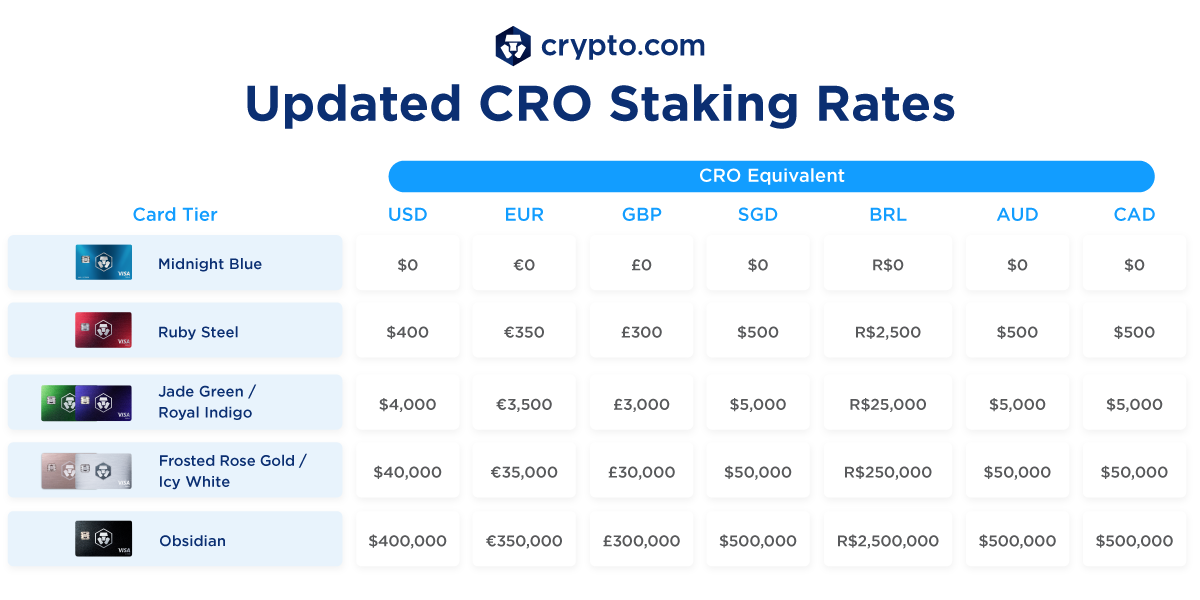How does a crypto card work?

Crypto cards enable you to pay with cryptocurrency in stores and withdraw cash from almost any ATM worldwide. Additionally, each business that issues these cards offers a set of benefits for cardholders.
What is a crypto card?
If you own cryptocurrency, you've probably considered how to use it in everyday life. Currently, in order to convert Bitcoin into dollars, you must transfer BTC to a centralized exchange, convert it to USD, and then withdraw the funds to a bank card. You can also use an exchanger, but you run the risk of falling victim to scammers. The lengthy withdrawal process makes it difficult and less desirable for regular users to use cryptocurrency as a payment method.
A crypto card could be the solution. It functions exactly like a traditional debit card. In fact, you can use a crypto debit card to pay for the same products: Bitcoin is deducted from your wallet in the amount equal to the purchase price (an automatic conversion to a specific currency occurs).
Several centralized exchanges and payment processors have already produced their own crypto debit cards. The use of such cards greatly simplifies the interaction between the traditional and cryptocurrency financial systems. When you get paid in bitcoin, you can use that money right away to make purchases for things you need on a daily basis, like food, gas, clothing, and other essentials. And since it's a debit card, you won't be able to spend more than you have.
Another significant benefit is a cashback. Cashback percentages range from 1% to 8% and are applied to purchases.
The procedure for obtaining a crypto debit card varies according to the provider, but it is very simple and quick. Some providers only offer a virtual card that you can link to your Apple Pay or Google Pay wallet or use to make purchases online. A physical card can also be issued through certain services, like BitPay.
The best crypto debit card for you will be determined by your needs and where you live. Some businesses provide cards with restrictions and daily limits. At the same time, the number of supported cryptocurrencies and the lack of regional restrictions are important factors.
Due to the fact that Visa and MasterCard support the majority of crypto cards, they are accepted at shops and ATMs throughout the world.
In the following section, we'll examine and contrast the three most widely used crypto debit cards.
Crypto.com Visa
The Crypto.com card operates on the Visa network, accepts more than 100 cryptocurrencies, and is available in more than 100 countries worldwide.
Customers are offered cards of five different levels, each with its own set of terms and remuneration structure. Obsidian's most premium card, for example, provides 5% cashback and unlimited access to airport lounges through the Lounge Key programs. This card also provides refunds on Airbnb and Expedia bookings, as well as 100% cashback on Spotify, Netflix, and Amazon Prime subscriptions, among other benefits. However, the person must stake CRO tokens worth $400,000 in order to obtain this specific card.
Customers are offered cards of five different levels, each with its own set of terms and remuneration structure. Obsidian's most premium card, for example, provides 5% cashback and unlimited access to airport lounges through the Lounge Key programs. This card also provides refunds on Airbnb and Expedia bookings, as well as 100% cashback on Spotify, Netflix, and Amazon Prime subscriptions, among other benefits. However, the person must stake CRO tokens worth $400,000 in order to obtain this specific card.

Source: Crypto.com

Source: Crypto.com
Binance Visa Card
This card operates on the Visa network as well, but it is only available to European customers. The user can receive up to 8% BNB cashback on each purchase and withdraw funds from ATMs without paying any fees. Both virtual and physical cards are available for free.

Source: Binance.com
Coinbase Visa
The Coinbase card is available to all residents of the United States (except Hawaii) and offers up to 4% cashback on purchases. At the same time, users are not charged for servicing the card or withdrawing funds from an ATM.
Crypto cards significantly simplify the use of cryptocurrencies for the average user, and they do not have the same limitations as traditional bank cards. Using cryptocurrency as legal tender is a long-held desire of crypto enthusiasts, made possible by the functionality and accessibility of crypto cards.


